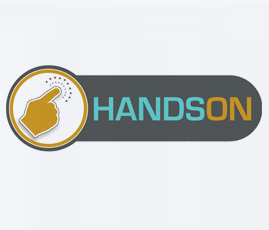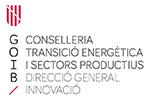A fundamental aspect of VET and Inclusive education is work-based learning (WBL), an educational strategy, currently well established in many EU countries, that provides students with real-life work experiences where they can apply and develop academic and technical knowledge, skills and competences which are essential to boost their employability. WBL has been long outstanding in Danish Production Schools aiming to offer a different type of education to social disadvantaged youngsters where knowledge, skills and competences are conveyed especially by working in concrete production areas.
In this context, HANDSON innovation and added value lies in the very fact that it does not merely seek boosting EU VET systems inclusiveness. The project goes beyond by providing new approaches and tools to improve their VET and WBL practices in order to increase out work placement opportunities and social inclusion for SEN learners.
Therefore, VET managers who are challenged daily to implement innovative and tailored solutions targeting SEN learners and VET educators who are requested to design learning activities in cooperation with companies and employers to meet the labour market requirements, will be supported by HANDSON’s inclusive production-based learning model and a set of multilingual approaches and ICT-based didactic resources – eManual, eKit, digital learning space and app generator – to help SEN learners to complete VET cycles and successfully transit into the labour market.
Key elements and map success factors related with SEN and production schools to be included in the model will emanate from an extended national and Pan-European study to be tested, validated and fine-tuned later on with end-users and final beneficiaries during pilot trials.
Moreover, HANDSON aims to become a “reference point” by serving as a vehicle to build a relevant network of stakeholders and bring the visibility to the participating organisations and the opportunity to then share their know-how on related project topics with the aim of boosting their institutional capacity and innovation and also promote VET staff professional development.
Coordinator Hertford Regional College – HRC (United Kingdom) Partners Innovation Training Center – ITC (España) Associacao para a educacao evalorizacao da regiao de aveiro – AEVA (Portugal) Eldelberry AB – ELD (Suecia) IASIS (Grecia) Turku University of applied Sciences LTD – TUAS (Finlandia) Centre for Advancement of Research and Development in Educational Technology – CARDET (Chipre) CWEP (Polonia)




